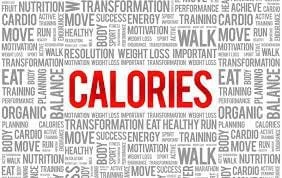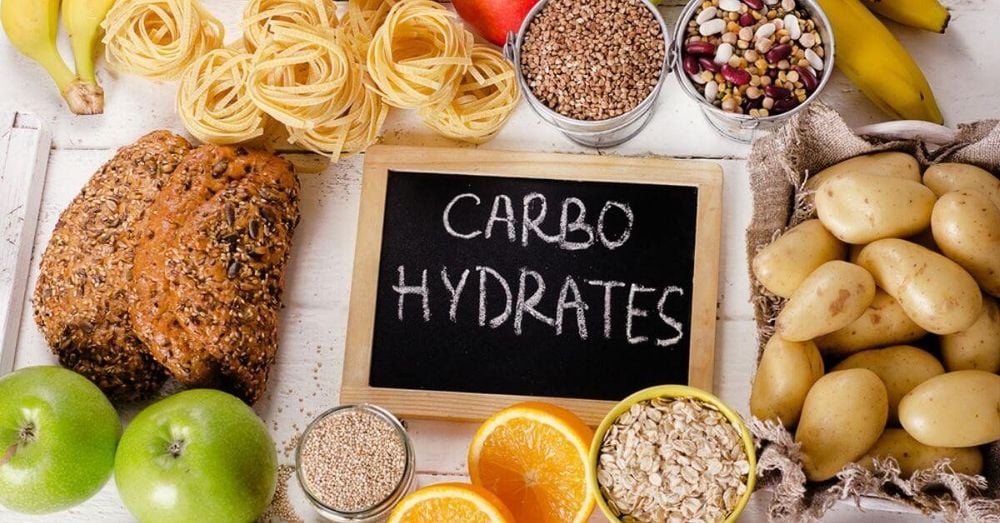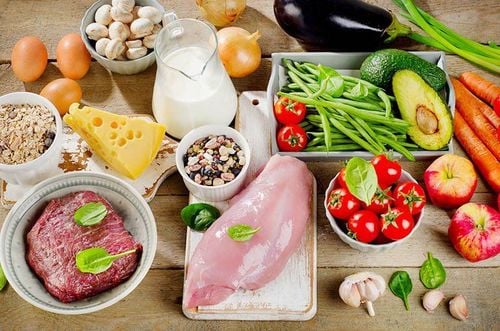This is an automatically translated article.
Many of us are consuming more energy (calories) than our bodies need from food and drink on a daily basis. This can lead to overweight and obesity, and even other dangerous diseases, such as heart disease and type 2 diabetes.
1. What is energy density?
We all need energy to survive, grow, stay warm and function properly. Normally, energy will be provided by carbohydrates, proteins and fats found in the foods and beverages that you consume on a daily basis. In addition, it is also partly powered by alcohol.
Different foods and drinks provide different energy. You can determine how much energy they provide through food labels. In general, energy is usually measured in kilojoules (kJ) or kilocalories (kcal). In one kilocalorie (1 kcal) corresponds to about 4.18 kilojoules (4.18kJ):
Fat: Contains 9 kcal (or 37 kJ) per gram Alcohol: Contains approximately 7 kcal (or 29 kJ) per gram Protein: Contains 4 kcal (or 17 kJ) per gram Carbohydrates: Contains 3.75 kcal (or 16 kJ) per gram (in food labels, this value is rounded to 4 kcal/gram) Energy density is the amount of energy amount of a given food in one gram. Most fats will have a higher energy density than carbohydrates and proteins.

Tất cả chúng ta đều cần đến năng lượng để có thể tồn tại, phát triển, giữ ấm và hoạt động bình thường
2. How is the energy content calculated?
You can determine the total energy of a certain food by burning it and measuring the amount of heat released. Foods that contain fewer calories per gram, such as vegetables, fruits, low-fat soups, fiber-rich foods, and lean protein, typically have relatively low energy densities. In contrast, foods that are high in fat and low in water, such as cakes, chocolate, cookies, snacks, deep-fried foods or oils, have relatively high energy densities.
Ideally, you should consume a balance of foods that are lower in calories (or have lower energy density) and foods that are high in calories (or have higher energy density) to control intake. overall calories. Certain foods with a high energy density, such as cheese, oily fish, nuts or avocados, contain healthy fats and other important nutrients. You can include these foods in moderation in your healthy and balanced diet.
3. Energy needs of the body
Carbohydrate is the most important source of energy for the body because it is considered the main fuel for both your brain and muscles. The main sources of carbohydrates usually include starchy foods such as rice, bread, pasta, potatoes, beans and breakfast cereals. In addition, you can also choose foods rich in fiber or whole grains. A high fiber intake can help reduce the risk of diseases like type 2 diabetes, colorectal cancer and heart disease.Besides, we can also get energy from fat and protein. These are also very important nutrients in the diet, but you don't need to consume them as much as carbohydrates.
Everyone has different energy needs. The amount of energy needed to maintain a healthy weight will depend on your basal metabolic rate (BMR) – this is the minimum amount of energy your body uses to maintain basic bodily functions. body, such as breathing and heart rate. On the other hand, BMR varies from person to person, depending on factors such as your age, body size, gender, and genes.
We also often use energy to digest food and do physical activity. The use of energy also varies for a given activity. For example, when you run, your body will use more energy than walking lightly. The more active you are, the more energy your body uses.

Carbohydrate chính là nguồn cung cấp năng lượng quan trọng nhất cho cơ thể
4. What is the energy balance?
In general, your weight will depend on the balance between the amount of energy you consume from food and drink, and the total energy your body uses. This means, when energy intake is greater than energy expenditure, your weight will be increased, but if you consume less energy from your diet, your weight will decrease. is reduced.
Note: Energy = calories taken in from the diet. Energy expended = calories used by the body for physical activity and other body processes such as heart rate and breathing rate. In a nutshell, energy balance occurs when the energy you consume from food and drink equals the total energy you use. At this point, your weight is maintained at a fixed level. Maintaining a healthy weight is very important for your health.
Please dial HOTLINE for more information or register for an appointment HERE. Download MyVinmec app to make appointments faster and to manage your bookings easily.
Reference source: nutrition.org.uk













